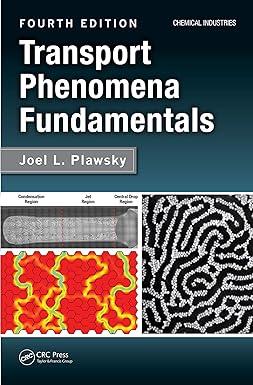In this era of sustainability, driving a car has become a serious issue. One proposed solution is
Question:
In this era of "sustainability," driving a car has become a serious issue. One proposed solution is the introduction of hybrid cars. For example, the fuel economy for Toyota Camry and Honda Civic vehicles is:

During the last oil crisis, speed limits were reduced to \(55 \mathrm{mph}\) in an effort to promote fuel economy. Those limits have now been relaxed to an average of \(65 \mathrm{mph}\) on interstate highways.
Hybrid vehicles, though marvels of technological innovation, are much more complicated machines, cost more initially, and potentially could cost more to repair and maintain (such as when large battery packs need to be replaced). The question then is whether it is better to keep our current driving practices and switch to hybrids or whether we can get as much benefit and lower our environmental impact by reducing speed.
The Toyota Camry has a drag coefficient on the order of 0.38 and a frontal area of \(1.94 \mathrm{~m}^{2}\). Calculate the drag force on a Camry traveling 55 and \(65 \mathrm{mph}\). Assuming that most of one's fuel consumption goes into overcoming drag, how much could one save by reducing speed back to \(55 \mathrm{mph}\) ? How does that compare with the energy savings of just switching to a hybrid but keeping the speed at \(65 \mathrm{mph}\) ?
Step by Step Answer:






